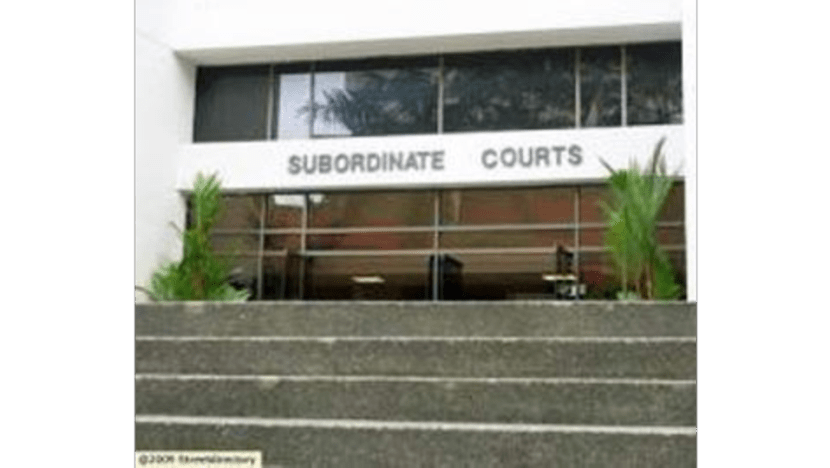Evidence Act changes passed
Singapore's Parliament on Tuesday passed amendments to the Evidence Act which gives the courts the discretion to consider relevant evidence by widening the admissibility of several categories.

Subordinate Courts (file photo)
SINGAPORE: Singapore's Parliament on Tuesday passed amendments to the Evidence Act which gives the courts the discretion to consider relevant evidence by widening the admissibility of several categories.
These include computer output evidence, hearsay evidence, and opinion evidence.
A rule on the evidence of character in rape cases was repealed, an issue which had been brought up by the women's organisation, AWARE.
Moving the second reading of the Bill, Minister for Law K Shanmugam said the Office for Women's Development under the Ministry of Community Development, Youth and Sports had also given the ministry feedback that this amendment ought to be made.
He told the House that before the amendments to the Evidence Bill were finalised , views from several quarters had been sought.
Among them were professors at the Law Faculty of the National University of Singapore and other legal stakeholders.
Mr Shanmugam said: "These sets of amendments represent today, what we believe to be the best balance we can strike between the use of helpful hearsay evidence and the risk of presenting unreliable evidence before the courts.
"The net result of the amendments is that the courts will have a broader but still structured discretion to deal with hearsay evidence so what we are doing now is not, therefore, to allow in what was previously not allowed but to give the courts the discretion to sieve through the evidence to see which part to be allowed if the judge believes that to be in the interest of Justice in the particular case.
"So we should not approach these cases and the approach to evidence as a series of technical hurdles for the prosecution to jump.
"We must also remember that there is the interest of society in allowing the evidence.
"The judge is in the best place to decide what is relevant and we in Parliament should set out the framework. The fundamental purpose behind this is not to change the ultimate golden thread which is that every case the judge has to be satisfied beyond doubt.
"It is to give him greater access to evidence where he or she believes it is going to be useful and he still has the decision on weight."











